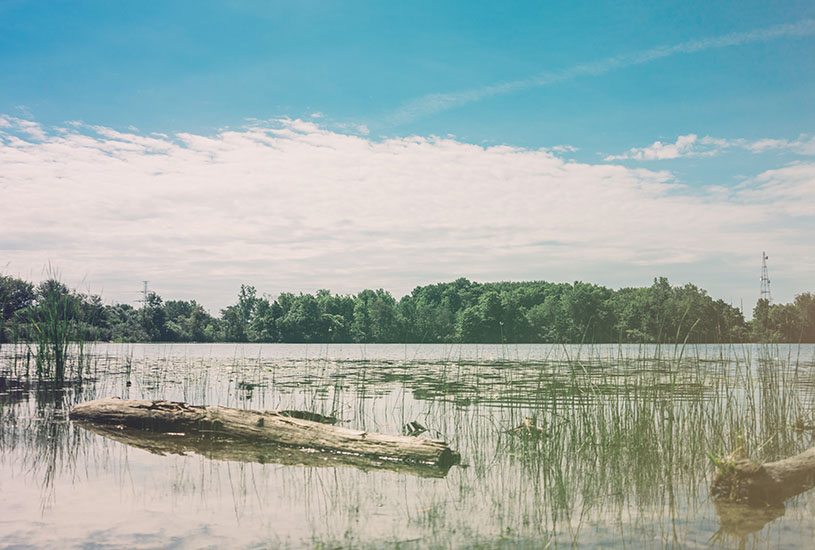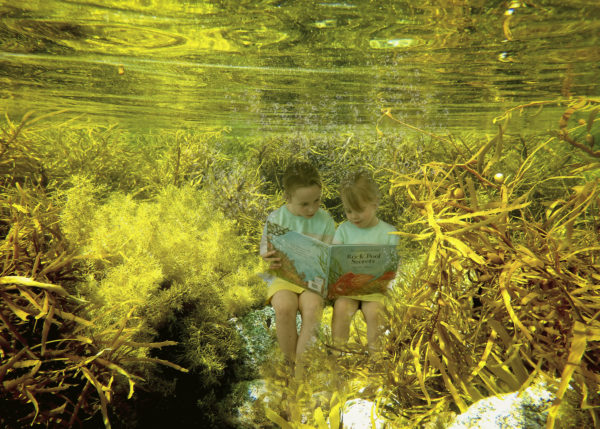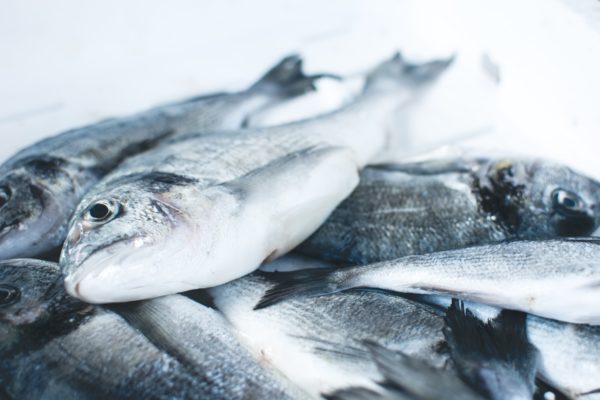Floating reed beds are being trialled as a means of reducing the amount of waste-water nutrients discharged into inland waterways, in an innovative project with Wannon Water.
As excess nutrients from human activities cause increasing stress to our river and lake systems, a Deakin University researcher has teamed up with Victoria’s second-largest regional urban water corporation to trial floating reed beds as a water treatment tool.
Dr Tim Tutt, a lecturer in aquatic chemistry and marine biochemistry at Deakin’s School of Life and Environmental Sciences in Warrnambool, based a simple reed bed system on a commercially available modular grid that was originally designed for underground water tanks and standard polystyrene fishing floats.
The $20,000 pilot project has been co-funded by Deakin’s Faculty of Science, Engineering and Built Environment (Industry Engagement Innovation and Impact Fund) and Wannon Water.
Dr Tutt said the reed beds uptake nutrients from the water through the reeds themselves, but also through the biofilm of micro-organisms that develops underwater around the reeds’ root mass.
“They offer a low-tech, sustainable option for lowering nutrients in waste-water discharge, compared to other treatment options that may be costly and energy intensive,” he said.
Dr Tutt will conduct a 12-month trial at Wannon Water’s lagoon-based wastewater treatment plant at Heywood (western Victoria). Six 20,000-litre rainwater tanks will be used to scientifically assess the performance of the reed beds, with three tanks holding the reed beds and three without, as controls.
“We want to collect data for a full year’s cycle. The reeds become dormant over winter as the water gets cooler, but that doesn’t mean the biofilm won’t be active. We’ll take frequent water samples and compare inflows and outflows so we can measure the level of nutrient reduction over time,” Dr Tutt explained.
The trial will determine if the system improves water quality at the treatment plant and meets operational needs as an economical and sustainable treatment option.
Furthermore, the reed units could be used in other water treatment applications, such as reducing the likelihood of outbreaks of potentially toxic blue-green algae, which are becoming more common in the region, as waterways have higher nutrients, less streamside vegetation, due to clearing and grazing, and lower water flow than previously.
“Any algal outbreak means something is out of balance in the waterway. It’s the cumulative process of human-made alterations to our waterways that have made conditions more favourable for those outbreaks to occur,” Dr Tutt said.
He hopes the trial will prove the potential for floating reed beds to help reduce nutrients and restore ecological balance in inland waterways, reducing algal blooms and their adverse effects, such as causing illness in farm animals and preventing people from enjoying the water.
“If the trial is successful, there may be other applications for the reed bed system, such as providing fish habitats,” he said.
“This is a good opportunity to test the system with Wannon Water and see if we have developed a sustainable, cost-effective method to improve water quality and the environment.”
Published by Deakin Research on 29 January 2018



